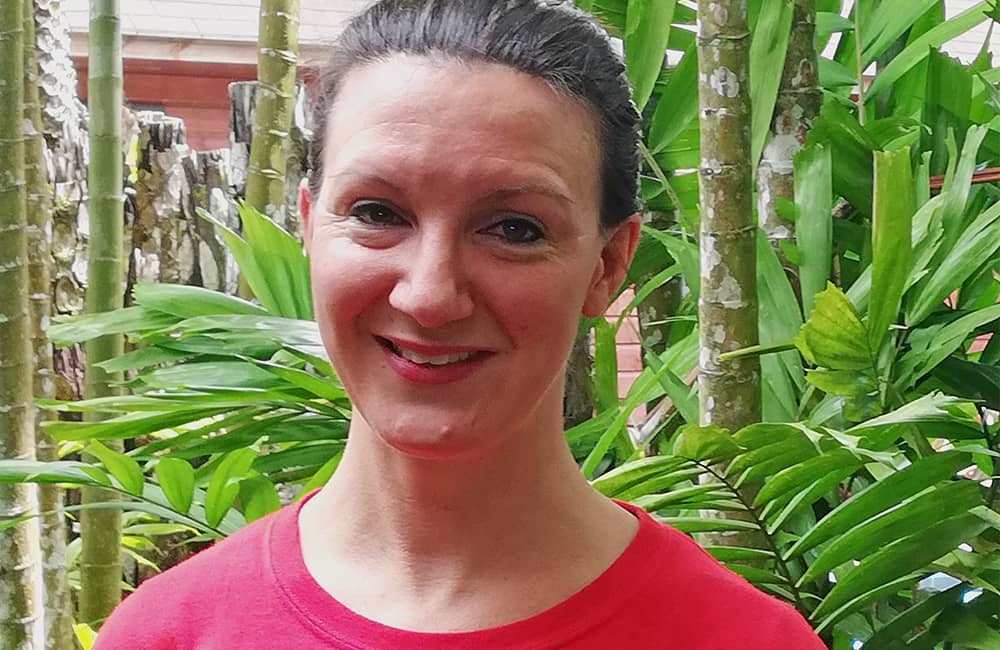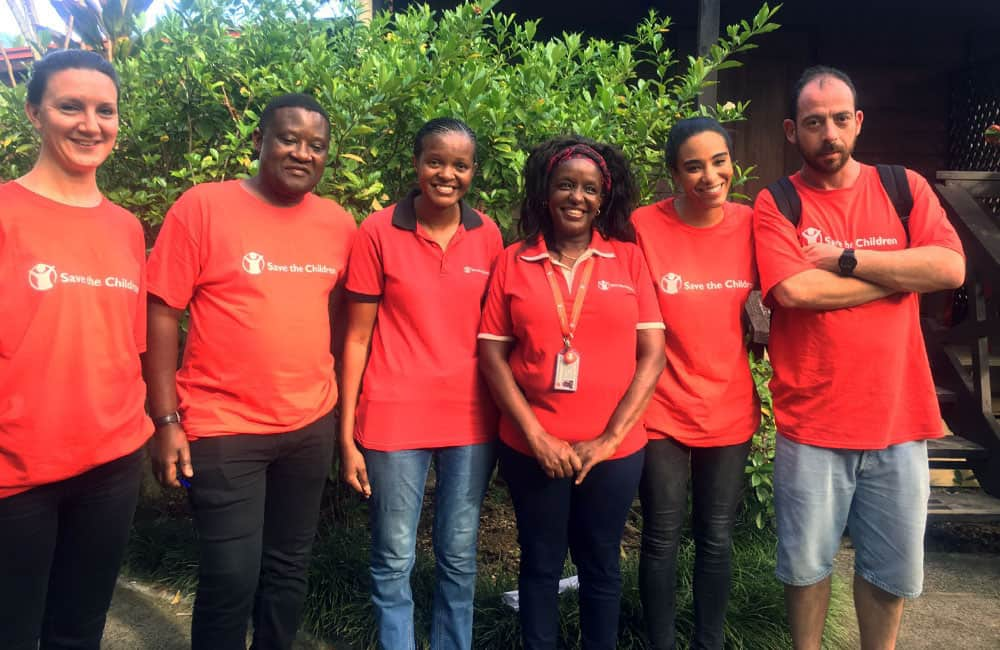Saving lives during Samoa’s measles epidemic
In September 2019, the outbreak began. Originally transmitted by a traveler from New Zealand and quickly taking a foothold in a country with low vaccination rates, Samoa was susceptible to the nationwide epidemic.
Measles is one of the most infectious diseases in the world, and spreads easily through coughing or sneezing. With its low rates of vaccination against measles, the disease raced through the small country. No family was left untouched. By Christmas over 5,000 cases had been recorded. Hospitals filled quickly, and Samoan doctors and nurses were stretched to exhaustion in taking care of those infected and vaccinating the rest of the population.
To support the work of the Samoan Government, Save the Children deployed the Emergency Health Unit in December. The Emergency Health Unit consists of medical experts, fully equipped and ready to save children’s lives within 72 hours of a disaster. Kelly Alliston was one of Save the Children’s paediatric nurses who hit the ground running after arriving in Samoa just before Christmas. Here is Kelly’s story of how the Emergency Health Unit has supported Samoans to treat and recover from the epidemic.

One little girl and her father
Samoa’s main hospital in the capital of Apia, has expanded to absorb the overwhelming number of measles patients. Old wards have been re-opened, and tents have sprung up in the hospital grounds.
At the start of my second day on the ward I walked into the measles treatment area and saw a doctor bent over a child.
I heard her breathing before I could fully see her. But I knew she was in trouble. Alarm bells were going off in my head. She needed urgent treatment. We gave her antibiotics and oxygen, but she continued to deteriorate.
The girl’s father was standing by her side. He never took his eyes off his daughter.
We called in the intensive care doctors. They decided she needed to go on a ventilator and gave her a general anaesthetic.
There was a risk she would go into cardiac arrest during the procedure. But as a team we all worked together to stabilise her and she was safely transferred to the intensive care unit.

Measles causes indescribable devastation
Measles can affect people of all ages – but is particularly dangerous for babies, young children and pregnant women.
In severe cases, measles in children can lead to chest problems or pneumonia making it difficult for them to breathe. They can also suffer from convulsions brought on by fever, and dehydration caused by mouth ulcers and diarrhoea. It can also scar children with long-term complications such as hearing impairments and blindness.
If pregnant women contract measles, they have an increased risk of early labour, miscarriage, stillbirth and dying in childbirth.
Vaccinations save lives
Immunisation rates in some countries are far below the level needed to protect children and this has led to devastating outbreaks across the world.
Often, outbreaks are due to challenges delivering vaccines or accessing the most at-risk populations. In other countries, some communities have unfortunately become more hesitant to vaccinate their children despite the evidence showing it’s a life-saving intervention.
The Government of Samoa reached more than 90 percent of the target population through their measles mass vaccination campaign – and we’re already seeing the positive results.
We’re now receiving fewer measles cases in the hospital and there’s a shared hope amongst health workers that we’re starting to win the fight against this deadly disease.
Photos: Save the Children